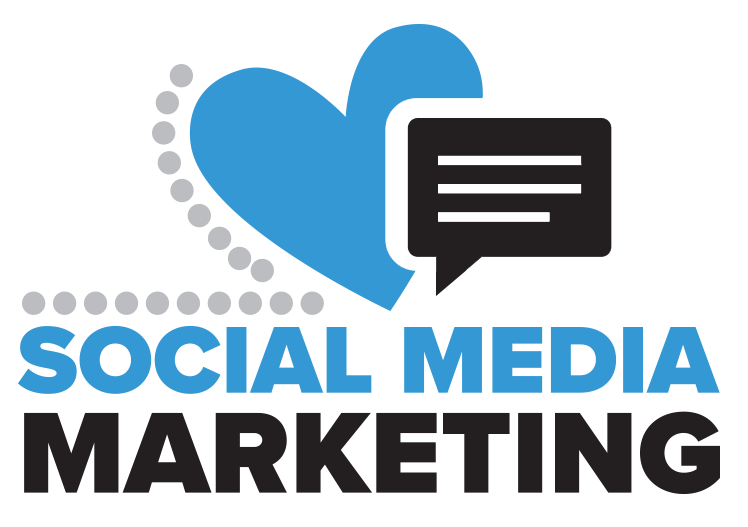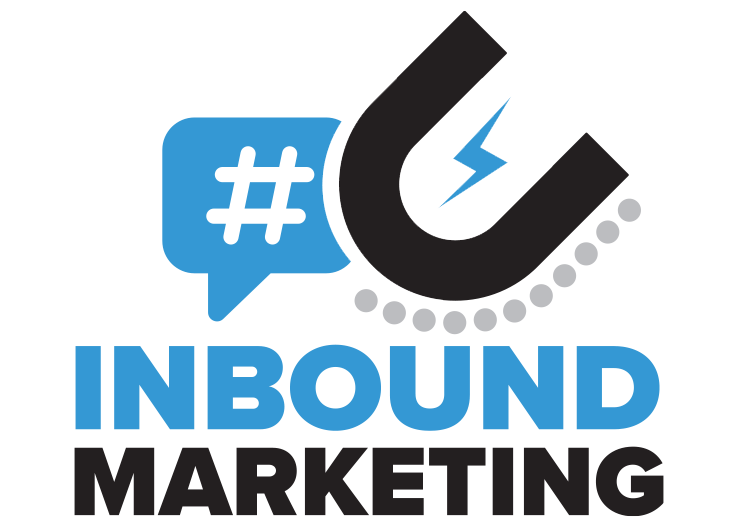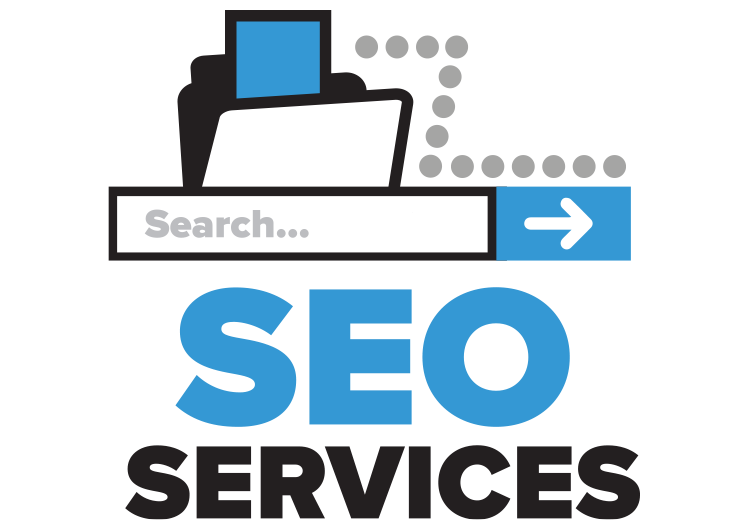
Social media has gained immense popularity over the years. According to Oberlo, there has been a 7.8 percent increase between 2021 and 2022 in the number of users on social media. Currently, there are an estimated 4.59 billion users worldwide, and the number of users is anticipated to continue increasing over the next five years. So, why does this matter? It matters because now it is more important than ever for businesses to begin utilizing social media to their advantage by including it in their inbound marketing strategy.
What is Inbound Marketing?
Inbound marketing is centered around inspiring, attracting, and engaging new customers through providing content and experiences that are tailored specifically for them. Inbound marketing has three stages: attract, engage, and delight. Engaging content should be produced for each of the three stages because it assists in funneling customers to the next stage and ultimately persuades them to buy your product or service. A few examples of inbound marketing content are blogs, videos, infographics, white papers, and eBooks.
4 Benefits of Social Media for Inbound Marketing
Brand Awareness
Social media allows you to build your brand awareness in numerous ways. You can increase trust among your online audience by posting relevant insights and teaching your social media audience about the industry. In addition, social media can bring direct traffic to your website when you provide direct links to content on your published posts. Lastly, when making posts, it is beneficial to ensure posts are engaging with your target audience. The engaging posts will allow you to showcase who you are as a company while building relatability among your audience. This causes your audience to remember your business and be eager to learn more about what you have to offer.
Customer Engagement
Customer relationships are everything. With the use of social media in your inbound marketing strategy, you can drastically improve your customer relationships. Social media allows businesses to engage with their customers by sharing industry expertise, responding to comments, connecting through messages, posting interactive content, and most importantly, listening to what your customers have to say about your product or service. Doing so will improve the overall experience of your visitors and have them leave your page thinking positively.
Target Audience
Social media platforms are an effective way to reach a larger audience and expand your social media target audience. There are millions of people on social media every day across the world. Having access to these potential customers allows your business to reach people beyond who are local. In addition, social media allows you to capture what content resonates with your target audience the most. Once you know that, you can continue creating similar content that keeps your audience engaged.
SEO Relevance
Social media presence significantly impacts organically increasing your SEO or search engine optimization. The more your business uses social media, the more credible it is to search engines. Also, If implemented correctly, online influencers within the industry will begin to re-purpose and backlink your content. Having these influencers use your content will not just dramatically increase your overall authority and exposure as a business but will positively impact your SEO.
Conclusion
Social media may take time for your business to master; however, the benefits of implementing social media within your business’s inbound marketing strategy are unmatched. Inbound marketing is about gaining your business more attention by providing solutions to your potential customers, so it is necessary to utilize platforms that have billions of users and different segments. Ready to take your inbound marketing strategy to the next level? Check out our Inbound Marketing Services or contact us with any questions!









